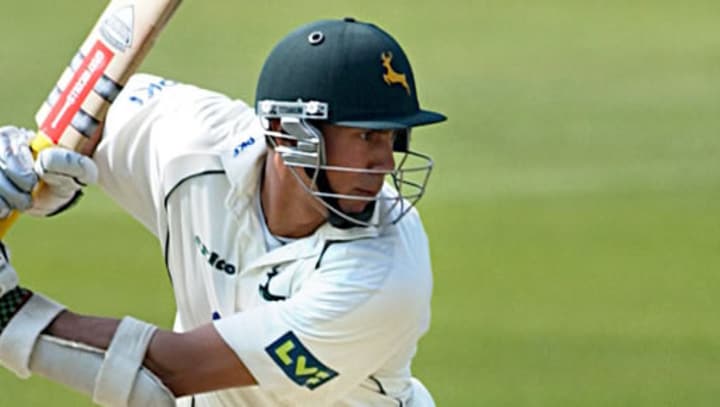If I were a young cricketer today I would aim to be the best Twenty20 player I could be. None of this outdated concept of building an innings or bowling long spells. I'd try to smash the ball as far as I could or learn to bowl every type of slower delivery in order to be as effective in the shortest version of the game as possible.
There's more money and less stress on the body, hence longer careers. It's easily the most popular form of cricket, growing every year, whilst the rest of the game, domestically and internationally, is moribund. The Ashes is a truly fantastic affair. But it is the only test series which generates that amount of interest. The Asian teams have vociferous support but primarily in one day cricket. For the majority of Test matches around the world, the teams' supporting entourage of coaches, technicians, et al, outnumber those paying to watch.
"When I started playing, the majority of cricketers were employed because of their prowess in the longer form. This ability was thought to translate fairly easily into the one day game. There were one or two one day specialists in each county squad. This balance is going to be reversed."
The sense of prestige associated with test or championship cricket, the oft quoted players' view, will mean very little to the next generation who will see the cricketing rock stars playing T20, in front of a diverse, involved audience (the presence of which is already a rarity in the longer forms of the game). Innovation, by definition, eschews tradition, has no history to tell, and is fraught with uncertainty. In the turgid world of cricket administration, where change is brought about through infinitesimally small gradations, the idea that T20 should usurp the longer forms of the game, is enough to get the old men spluttering into their tea and scones.
I do not for a moment doubt the heartfelt desire of those running the game to do their best for its future. I have met many who are fine, hardworking individuals. However, they represent such a multitude of interests, each paid to protect and serve those fiefdoms, that to align these competing factions is a task which Job would find difficult. It's taken the single-mindedness of Lalit Modi, a man of allegedly questionable morals but unquestionable foresight. His sole hand on the tiller, backed by copious quantities of money has revolutionised the game. The rest of the world may have to settle for a rather less dramatic evolution.
When I started playing, the majority of cricketers were employed because of their prowess in the longer form. This ability was thought to translate fairly easily into the one day game. There were one or two one day specialists in each county squad. This balance is going to be reversed. However, I'm not suggesting that test cricket will simply vanish. In England and perhaps Australia, the position of test cricket will be assured for longer than in the other test playing nations as support for this format is well established.
Test cricket will no doubt continue for a while yet, if only because of long term broadcasting rights or as an insurance policy against Twenty20 inexplicably imploding. But it will be seen as an ageing, dependant relative, subsidised out of duty, tolerated but marginalised. Perhaps a two divisional structure will be introduced, but it will be tinkering with the sideshow. The real action will be Twenty20.
